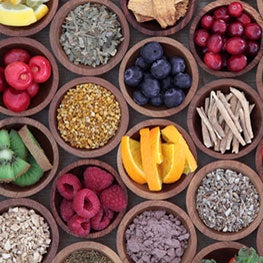Maintaining our mobility

Mobility is the joy of moving freely and easily.
Healthy muscles, bones and joints allow us to perform all types of movements – from everyday tasks to enjoying our favourite hobbies, and it’s a key aspect of healthy ageing.
It’s something we often take for granted and only become aware of when we start to feel our bodies aren’t working as well as they used to – that niggling feeling in the joints or the slight stiffness first thing in the morning for instance.
ACTIVITY TIP
Exercise improves not only your physical health, but also may improve your independence and your way of life.
It’s always a good idea to discuss exercise options with your healthcare professional first.
How can ageing affect your mobility?
As we age, muscles, bones and joints change in ways that can affect mobility.
Bones lose density, there’s a reduction in muscle mass and strength, and cartilage in the joints becomes thinner.
The good news is that we can take positive action to help prevent the ageing process affecting how we live our lives.
Daily physical activity combined with weight management and a healthy balanced diet that includes the appropriate levels of protein, vitamin D and vitamin C, and calcium supports our muscle, bone and joint health, and helps keep us moving.
Muscle health
Loss of muscle mass can begin from age 30 years but it becomes more prominent from the age of 50 onwards.
The amount of regular physical activity people do throughout our lives influences the rate of muscle loss. So too can an injury or temporary illness. Eating protein every day contributes to healthy muscle mass.
ACTIVITY TIP
Incorporate regular exercise into your day – including weight and resistance training to help maintain muscle mass.
NUTRITION TIP
Eat protein-rich foods every day – these include red meat, chicken, fish, eggs, nuts, legumes and dairy.
Bone health
Bone health is important at any age, but the reduction in bone density that is common in older age makes bones weaker, which in turn may lead to increased risk of fractures.
Staying active and making sure we include minerals like calcium and vitamin D in our diet can help maintain good bone health.
Joint health
With ageing, cartilage lining the joints becomes thinner, the fluid that lubricates them (called synovial fluid) reduces and ligaments and tendons also become less flexible. As a result, the joints are less able to slide as smoothly over one another, which can cause discomfort and stiffness.




